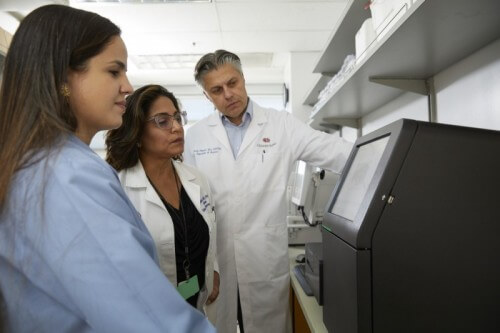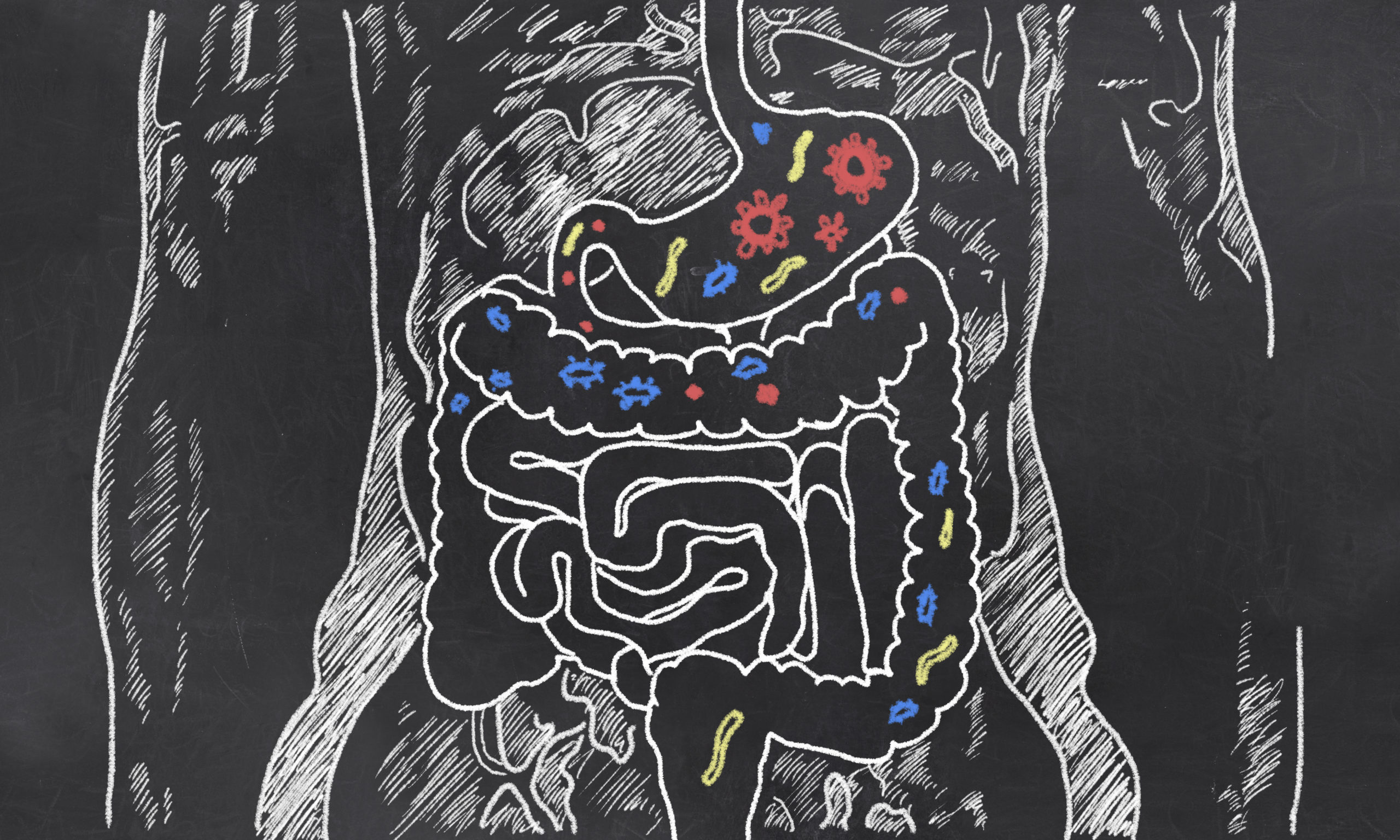Our bodies have an expiration date and the gut is no exception. Research shows that aging causes significant changes to the microbiome including the type of bacteria living in the gut.
The gut of older adults showed a significant increase in coliforms, proteobacteria, and bacteria that do not need oxygen to survive. Other microbial species increased depending on a person’s medication or health condition.
“By teasing out the microbial changes that occur in the small bowel with age, medication use and diseases, we hope to identify unique components of the microbial community to target for therapeutics and interventions that could promote healthy aging,” says Dr. Ruchi Mathur, the study’s senior author in a media release.
Research has primarily focused on stool samples as a non-invasive method of studying the gut. Dr. Mathur says, however, that is not the most reliable way of assessing the entire gastrointestinal tract. In the current study, his team used Cedars-Sinai’s Medically Associated Science and Technology (MAST) program to study samples taken directly from the small intestine. The samples were over 20 feet in length and its surface area if stretched out is similar to the surface area of a tennis court.

“This study is the first of its kind to examine the microbial composition of the small intestine of subjects 18 years of age to 80. We now know that certain microbial populations are influenced more by medications, while others are more affected by certain diseases. We have identified specific microbes that appear to be only influenced by the chronological age of the person,” says Dr. Mathur.
One of the notable findings was finding bacteria that act as “disruptors” to the gut and cause health problems. There was an increased amount of Coliform in the older gut. “Coliforms are normal residents of the intestine. We found that when these rod-shaped microbes become too abundant in the small bowel–as they do as we get older–they exert a negative influence on the rest of the microbial population. They are like weeds in a garden,” says study coauthor Gabriela Leite, PhD.
The team also reports of an age-related effect in the number of bacteria requiring oxygen. As people grew older, many bacteria in the gut microbes changed from microbes needing oxygen to those that can survive with less oxygen.
Other bacteria that grew from aging included Bacteroides, Lactobacillus, and Escherichia. With medication, the Klebsiella species increased and the Clostridum species increased depending on the number of conditions a person had.
The study is published in the journal Cell Reports.
